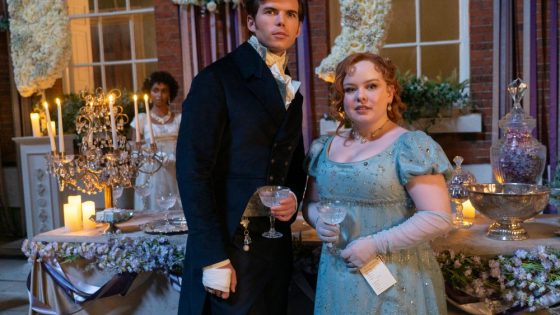Even before the digital age and the explosion of dating apps changed the game, one question has long been up for debate: Who pays for the first date?
The question has historically brought to light a discussion about gender roles and equality. But in a country that is decreasingly heterosexual and increasingly economically equal among genders, many daters are looking to other factors to answer the question.
Nearly everyone, regardless of gender, who’s dating is stressed about the associated costs. Roughly 69% of U.S. adults admitted to feeling uncomfortable on a date because of how much it will cost, and 68% say they stress about money when organizing a date, according to a recent survey conducted on behalf of Self Financial.
Although the majority of people are stressed about the cost of dating, they differ on how they think about who should pick up that first tab.
Dinner on who?
Overall, 44% of people think the person who earns more should pay for the first date, Self found. The survey gave respondents three options to choose between:
- Whoever earns more
- Whoever organized the date
- Equal split
Splitting the bill was the second-most popular response with about 36% of respondents saying it’s best to go Dutch on the first date. The remaining fifth of respondents said whoever organized the date should be responsible for the bill.
Though it was the least-popular response overall, etiquette expert Diane Gottsman says deferring to the person who organized the date may be the most reasonable approach.
“The other person can certainly offer to pay, or even pay their own half and the person who extended the invitation can say yes or no,” Gottsman, founder of the Protocol School of Texas, told CNBC Make It in an email. “If they insist on paying, the other person can simply say ‘thank you.'”
Gottsman added the person who doesn’t pay for the first date may want to offer to get the next one if both parties decide they want to see each other again.
The first date can ‘set a tone’
How you decide to split — or not split — the bill on your first date is completely up to you and your date. But money expert Sallie Krawcheck warns that the outcome can be a preview of how your relationship turns out.
“That first date sets a tone for a lot of things,” Krawcheck told CNBC Make It. “Does [your date] talk the whole time? Is he sort of aggressive with you? A lot of things get set.”
That’s not to say whoever pays the first bill will or should pay all the bills. But the person who covers the first check could be setting the tone for the power dynamic in a relationship — intentionally or not.
“If she doesn’t have the wealth that he has, the power dynamic flips almost from the first date when he has to pick up the check,” Krawcheck said.
Though she hasn’t dated in a number of years, Krawcheck, who co-founded investing platform Ellevest to help empower women financially, says she would “make the move” to get the bill on a first date, and at a later date consider talking about her and her date’s financial positions and values.
Money conversations can be awkward in any setting or relationship, but especially as you’re getting to know a potential romantic partner. However, avoiding talking about it altogether can lead to further discomfort and tension as your relationship progresses.
Want to make extra money outside of your day job? Sign up for CNBC’s new online course How to Earn Passive Income Online to learn about common passive income streams, tips to get started and real-life success stories. Register today and save 50% with discount code EARLYBIRD.
Plus, sign up for CNBC Make It’s newsletter to get tips and tricks for success at work, with money and in life.
Source Agencies




